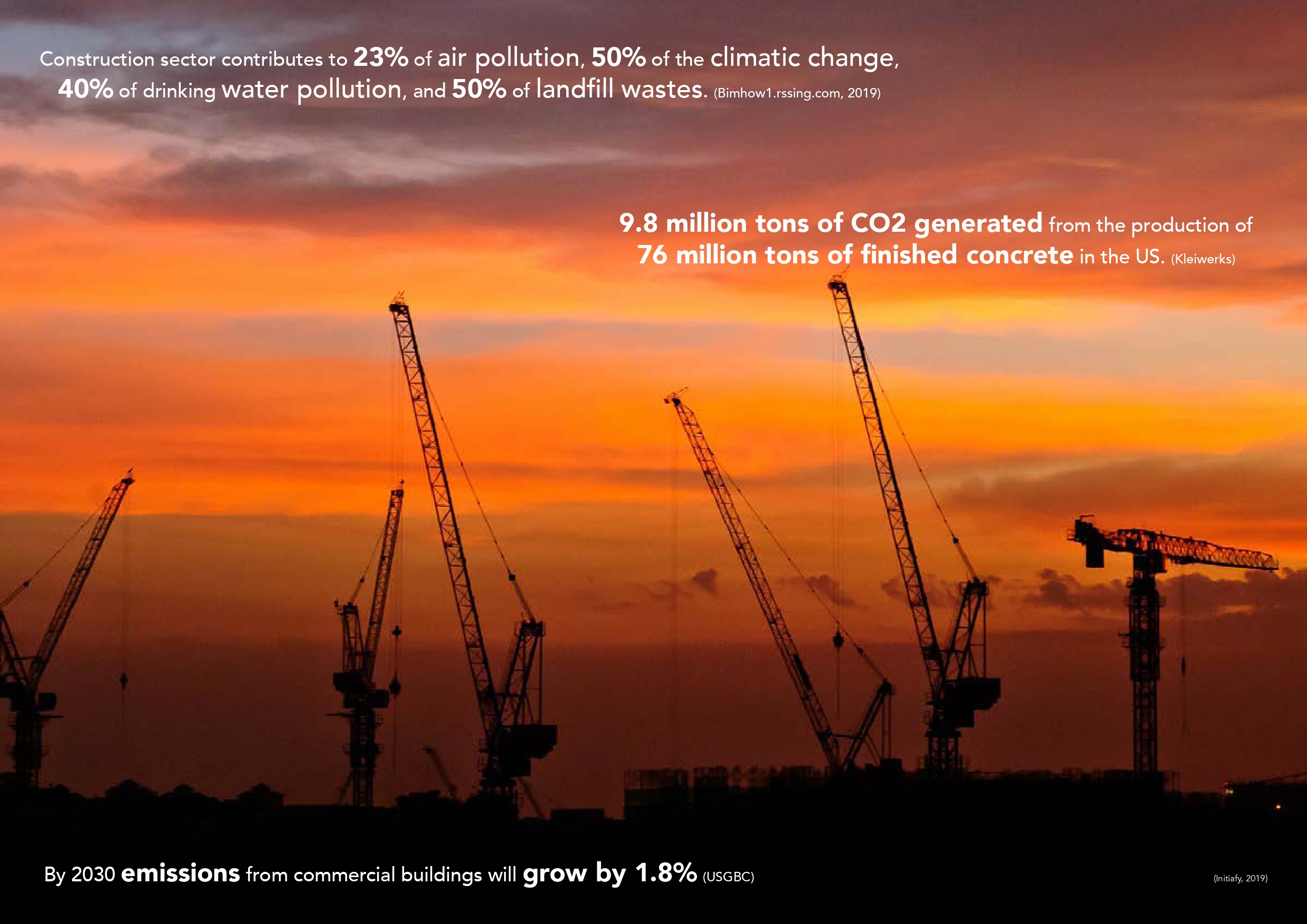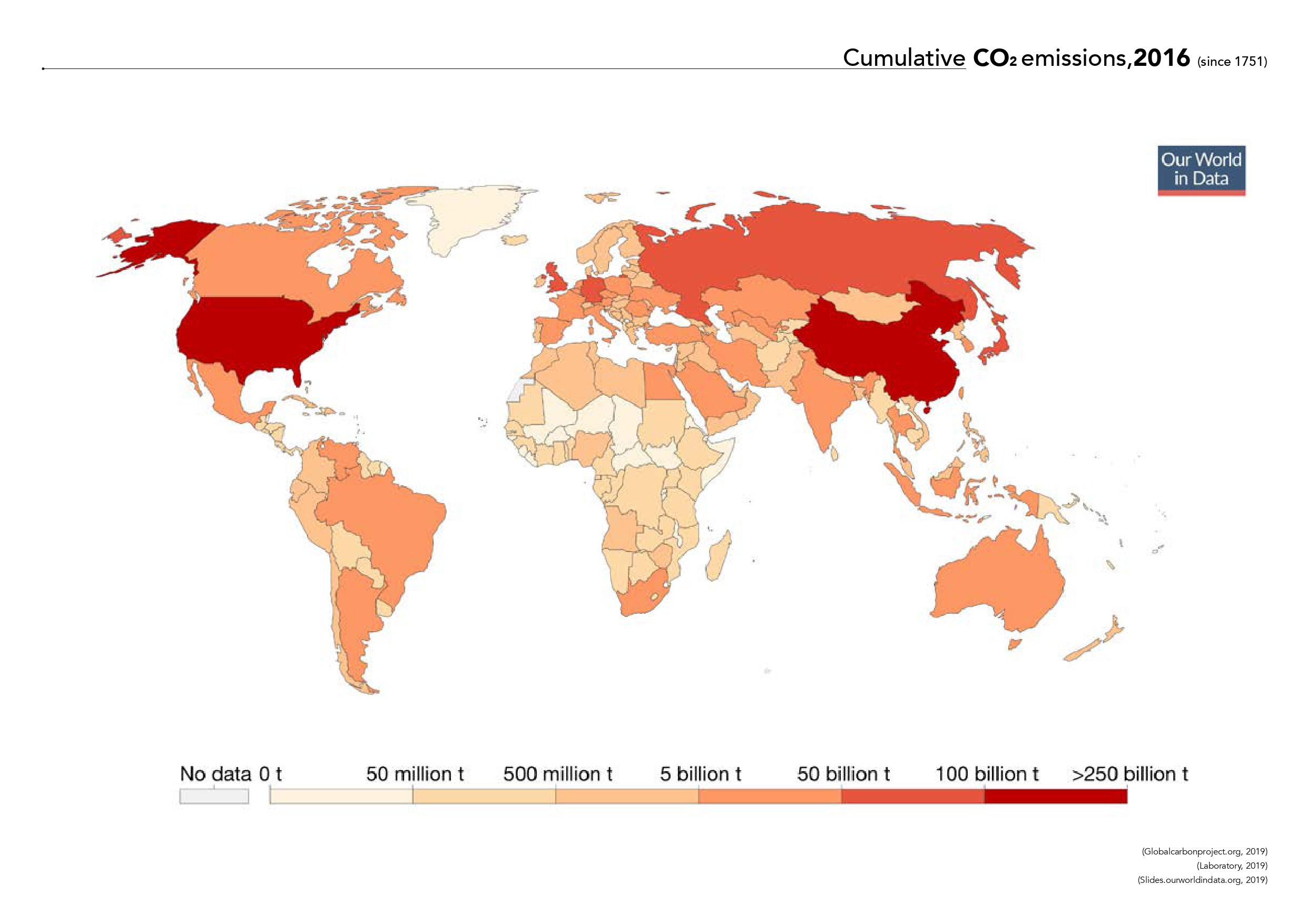|Cast in Carbon
Chitosan as the future of water filtration system

|Team
Apoorva Soni, Manan Jain
|Faculty
Areti Markopoulou, David Andres Leon, Raimund Krenmueller, Nikol Kirova
|Project year
2019-20
Cast In Carbon is a research project addressing the pressing issue of high carbon emissions from human activities, leading to atmospheric concentration and global temperature rise. The project seeks to reverse this cycle by utilizing Biochar, a material under investigation for climate change mitigation. Through this innovative approach, excess carbon is removed from the atmosphere and construction emissions are reduced. The captured carbon is stored in building structures, effectively transforming them into long-term ‘carbon sinks.’ This methodology involves extensive material research, prototype testing, and parameter analysis

Can Biochar, a Carbon-Negative material, be integrated into architectural application for reducing building carbon footprint while simultaneously enhance the passive performance and micro climate of built spaces?





Apart from the test for compressive strength, the Biochar composites showed satisfactory results. These tests proved that the composites formed were able to regulate humidity, passively cool a space & provide thermal insulation. Despite the fact that the Biochar bricks did not fare well in the test for compressive strength against the cement brick, subsequent testing revealed that when compared with a traditional clay brick, the Biochar 50-50 & 40-60 bricks had more compressive strength. Moving forward with these findings, the focus of the research was shifted to the applications of the Biochar composites in commercial settings. It is envisioned that the use of Biochar in construction industry can enhance the performance of the built environment, while also reducing impact on the natural environment, by reducing carbon emissions.

The ‘Cast in Carbon’ research has introduced a crucial method for mitigating environmental impact in the realm of construction, particularly by optimizing the utilization of concrete. This innovative approach involves the incorporation of biochar as a substitute in various cement-based composites, yielding successful results. Notably, biochar imparts additional advantageous properties such as enhanced thermal insulation, passive cooling effects, and reduced weight.
Furthermore, the material underwent comprehensive testing to evaluate its performance in various aspects including humidity tolerance, passive cooling capabilities, and compressive strength. In addition to biochar, other bio-based materials including clay, agar agar, CaCl2, Na2SiO3, and fish glue were subjected to rigorous testing alongside cement, culminating in the creation of prototypes.




This research underscores the potential of biochar and other bio-based materials as game-changing alternatives in construction practices, providing not only environmental benefits but also a range of desirable material properties.

